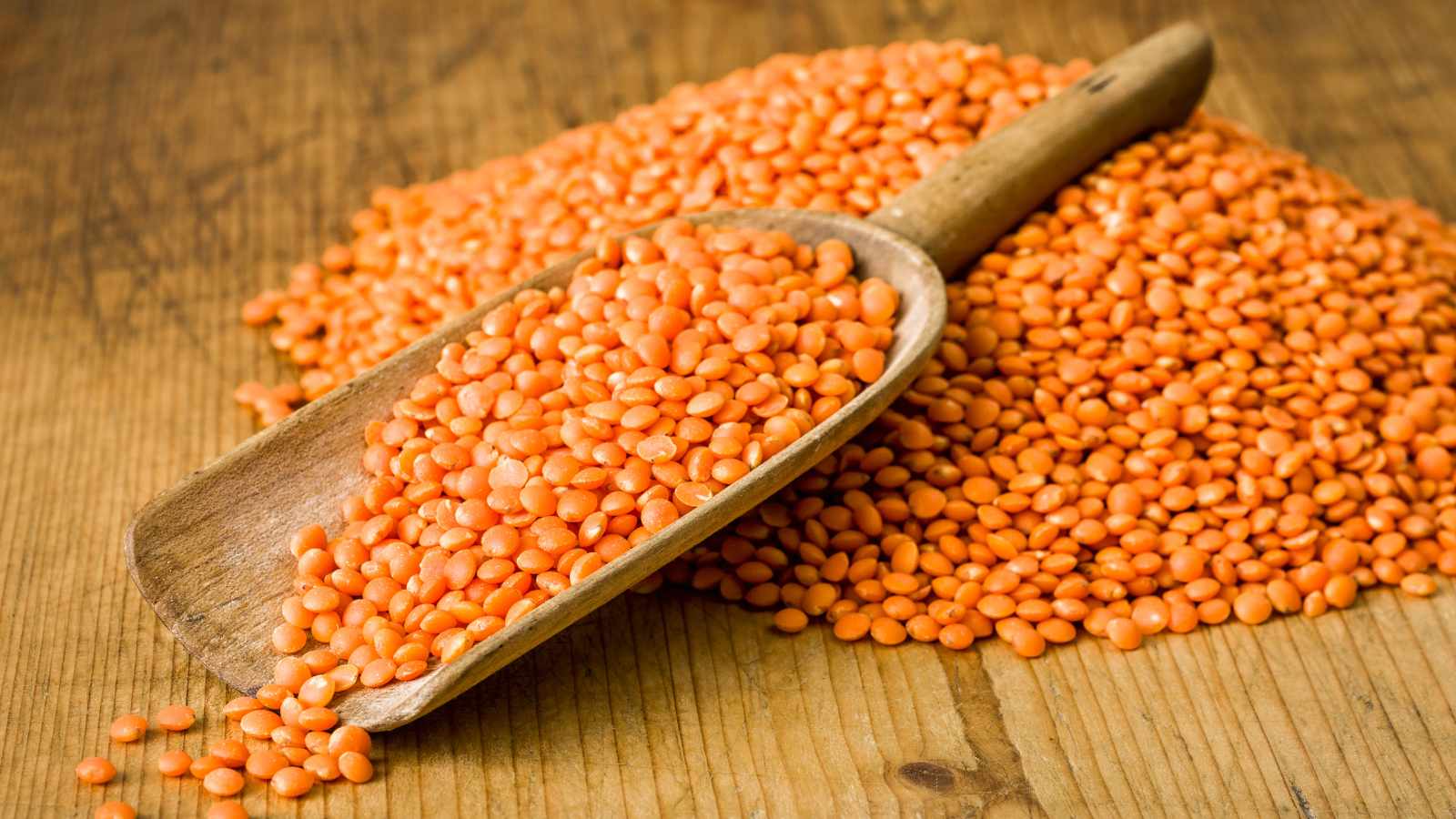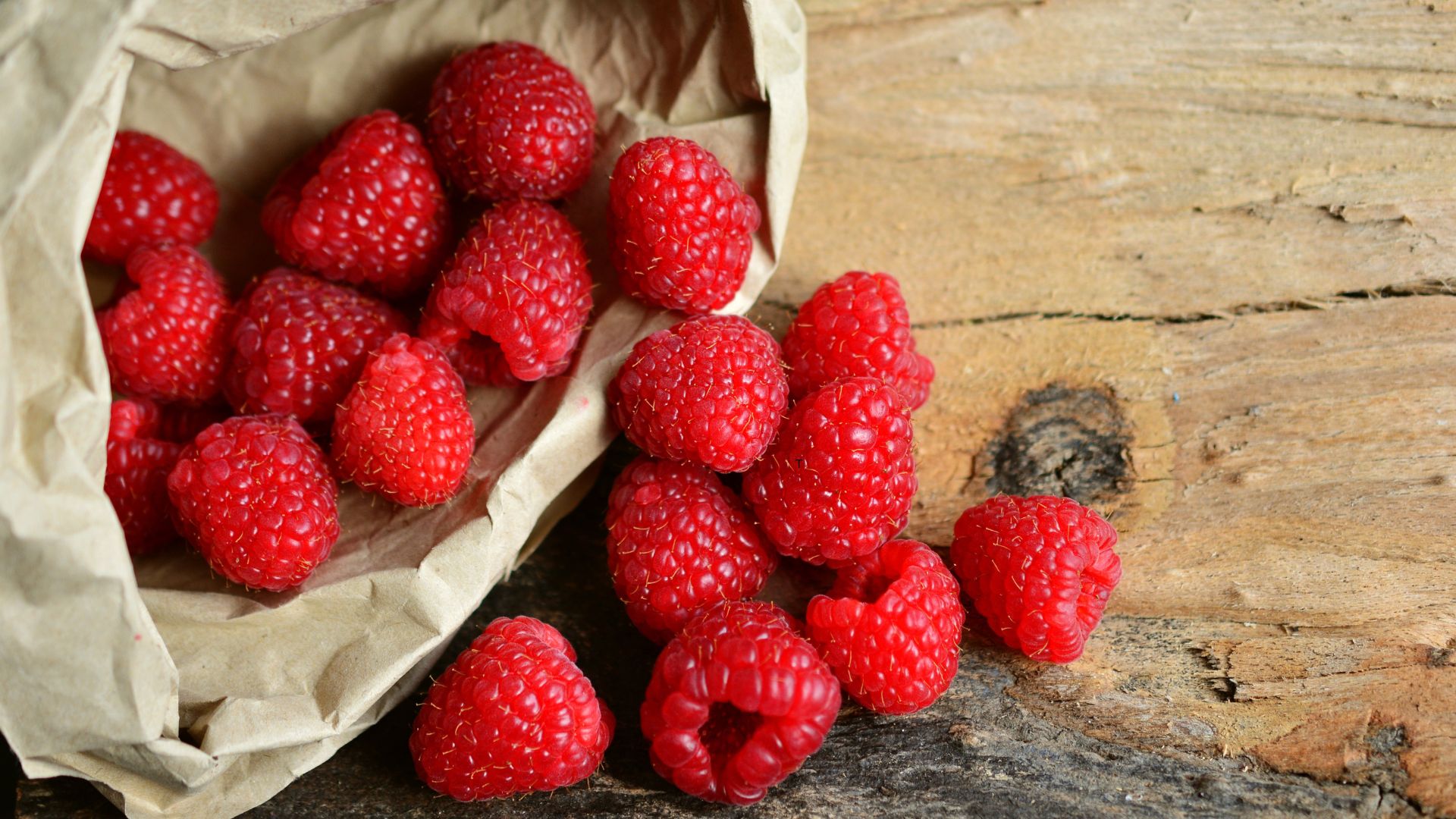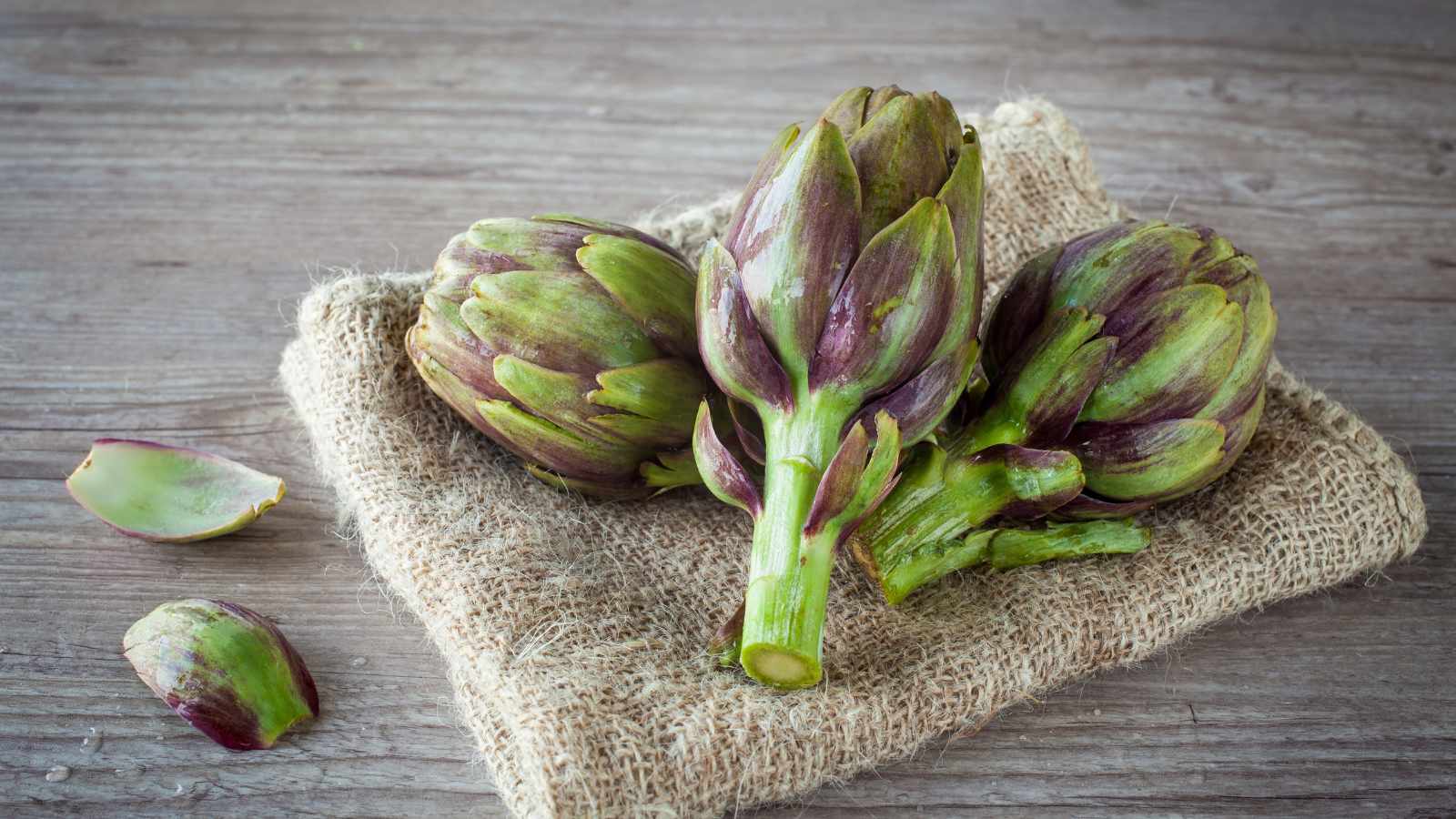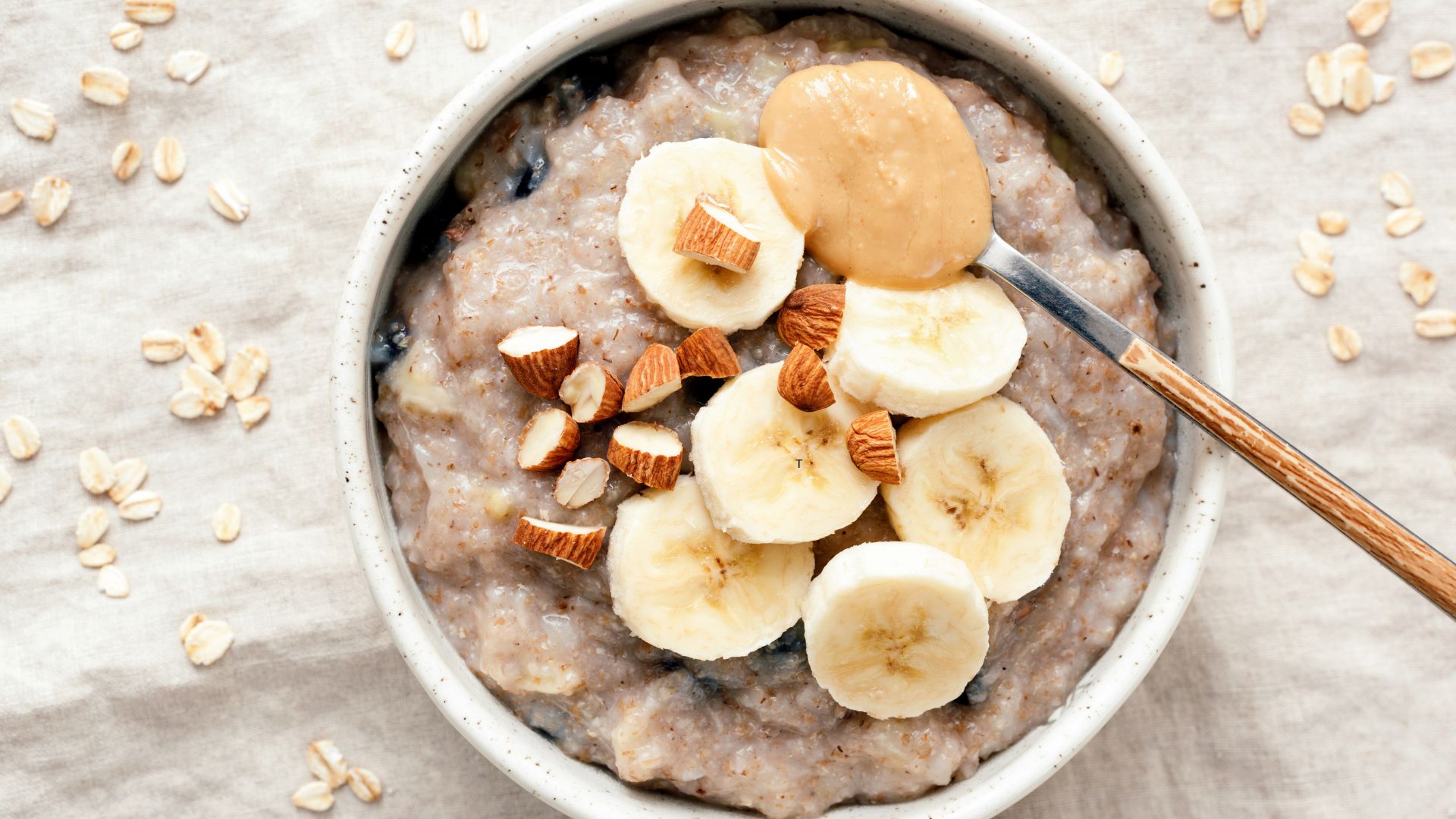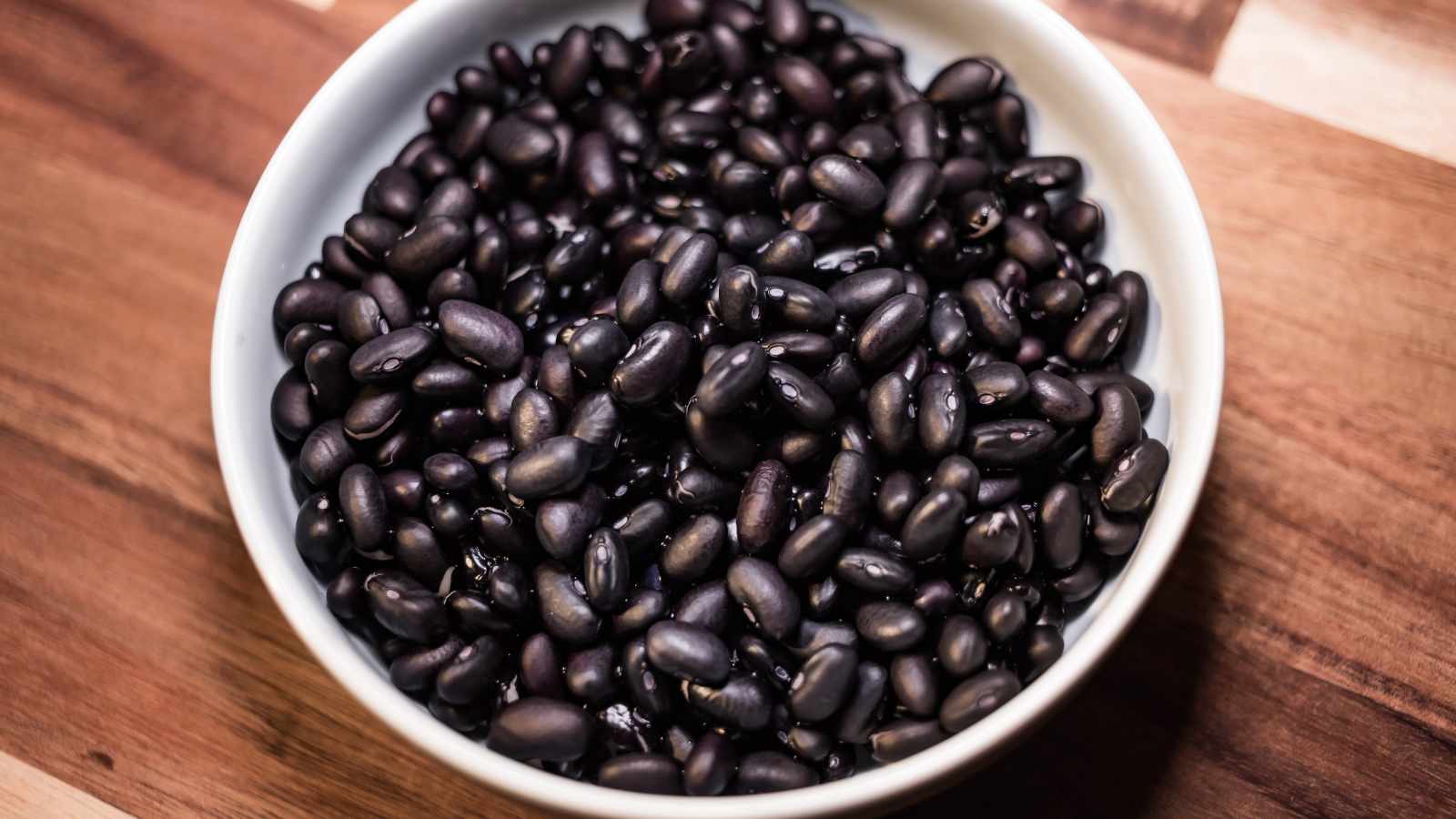If you’ve ever felt constantly bloated, struggled with irregular digestion, or battled uncontrollable snack cravings, chances are you’re not getting enough fiber in your diet. Fiber comes in two main forms: soluble fiber, which dissolves in water and helps slow digestion, and insoluble fiber, which adds bulk to the stool and speeds up movement through the digestive tract.
Both types are important for relieving constipation, reducing bloating, and keeping you feeling full longer, naturally cutting down on unhealthy cravings. The following are 13 powerhouse foods packed with fiber that can help reset your digestion, flatten your belly, and support better overall health.
1. Chia Seeds
Tiny but mighty, chia seeds pack an impressive 10 grams of fiber per ounce, mostly soluble fiber. When soaked in water, chia forms a gel-like consistency that helps lubricate the digestive tract, making them ideal for easing constipation.
They’re also rich in omega-3 fatty acids, which reduce inflammation in the gut and promote healthy microbiome diversity. Add them to smoothies, overnight oats, or make chia pudding.
Fiber per 2 tablespoons: ~10 grams
2. Lentils
Lentils are among the best plant-based sources of dietary fiber, containing a blend of both soluble and insoluble types. They’re excellent for bulking stool and regulating bowel movements while also stabilizing blood sugar, great for keeping cravings in check.
Lentils also provide resistant starch, which acts as a prebiotic and fuels beneficial gut bacteria.
Fiber per 1 cup (cooked): ~15.6 grams
3. Avocados
Creamy, delicious, and surprisingly rich in fiber, avocados offer a mix of both soluble and insoluble fiber. They help feed good gut bacteria and enhance nutrient absorption thanks to their healthy fats.
Their high fiber content also contributes to satiety, helping to curb between-meal snacking.
Fiber per medium avocado: ~10 grams
4. Raspberries
These berries are not only packed with antioxidants but are also one of the highest-fiber fruits you can eat. They’re particularly good for preventing bloating caused by sugar overload, thanks to their high fiber-to-sugar ratio.
Eat them fresh, frozen, or in salads for a sweet, fiber-rich boost.
Fiber per 1 cup: ~8 grams
5. Artichokes
Often underappreciated, artichokes are one of the top veggies for digestive health. They’re high in inulin, a form of prebiotic fiber that promotes the growth of beneficial gut bacteria and improves bowel regularity.
Inulin also supports liver detox and reduces symptoms of IBS in some people.
Fiber per 1 medium artichoke (cooked): ~7 grams
6. Oats
Oats are a fantastic source of beta-glucan, a soluble fiber that helps lower cholesterol and improves digestion by forming a gel in the gut. This not only eases constipation but also slows down the absorption of sugars, perfect for taming cravings.
Choose whole, rolled, or steel-cut oats rather than instant for maximum fiber content.
Fiber per 1 cup (cooked): ~4 grams
7. Black Beans
Black beans are fiber and protein all-stars. Their complex carbs and soluble fiber help regulate blood sugar, reduce bloating, and fuel healthy gut bacteria.
They also promote regular bowel movements and keep you fuller longer, making them ideal for weight control.
Fiber per 1 cup (cooked): ~15 grams
8. Almonds
These nutrient-dense nuts are rich in insoluble fiber, which helps move waste through the colon efficiently. Almonds also contain healthy fats and protein, which further assist in appetite control and gut inflammation reduction.
However, they’re calorie-dense, so portion control is important.
Fiber per 1 ounce (about 23 almonds): ~3.5 grams
9. Sweet Potatoes
Unlike regular potatoes, sweet potatoes are a low-glycemic food with both soluble and insoluble fiber. They’re gentle on the stomach and support slow, steady digestion while relieving constipation and reducing sugar cravings.
Their rich beta-carotene content also offers antioxidant benefits.
Fiber per medium sweet potato (with skin): ~4 grams
10. Pears
Pears are a natural remedy for constipation and bloating thanks to their high water and soluble fiber (pectin) content. The skin contains most of the fiber, so don’t peel it.
Pectin slows digestion and helps feed probiotic bacteria in the gut, promoting long-term digestive health.
Fiber per medium pear (with skin): ~5.5 grams
11. Brussels Sprouts
These cruciferous vegetables are high in insoluble fiber, which adds bulk to your stool, speeding up intestinal transit and reducing bloating. They also contain glucosinolates, compounds that support detoxification and gut healing.
Roasting them brings out their natural sweetness and reduces potential gas-forming sulfur compounds.
Fiber per 1 cup (cooked): ~4 grams
12. Flaxseeds
Ground flaxseeds are an excellent natural laxative, with a combination of soluble and insoluble fiber that sweeps the colon clean. They also contain lignans, plant compounds that support hormone balance and lower inflammation.
Be sure to use ground flaxseed to unlock the nutrients; whole flaxseeds pass through undigested.
Fiber per 2 tablespoons: ~5.6 grams
13. Popcorn
Air-popped popcorn is a whole grain and a surprisingly effective high-fiber snack. It contains mostly insoluble fiber, which helps prevent constipation and reduces bloating when eaten in moderation.
Skip the butter-laden versions and go for air-popped or lightly seasoned popcorn for a gut-friendly snack.
Fiber per 3 cups (air-popped): ~3.6 grams
Bonus: How Much Fiber Do You Actually Need?
The recommended daily fiber intake varies by age and gender:
| Group | Recommended Daily Intake |
| Women (19–50 yrs) | 25 grams |
| Men (19–50 yrs) | 38 grams |
| Women (51+ yrs) | 21 grams |
| Men (51+ yrs) | 30 grams |
The key is to increase fiber intake gradually and drink plenty of water to avoid gas or discomfort as your gut adjusts.
Conclusion
Bloating, constipation, and cravings don’t have to be part of your daily life. By incorporating these 13 fiber-rich foods into your meals and snacks, you can dramatically improve your digestion, curb unhealthy urges, and support a thriving gut microbiome.
The best part? Most of these foods are easy to prepare, versatile, and delicious. Just remember: gradual increases and hydration are key to reaping all the digestive benefits fiber has to offer.


